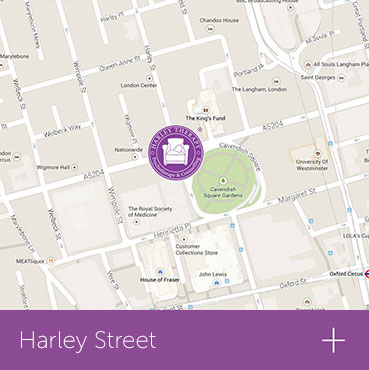One of the oldest and most established types of modern talk therapy, psychodynamic psychotherapy is a perfect fit if you want to gain a deep understanding of yourself, and of how you relate to others and the world.
What is psychodynamic psychotherapy?
The psychodynamic approach developed as a reaction to Freud and psychoanalysis. It shares the psychoanalytic idea that how we behave now is determined by our past.
To cope better and thrive we need to explore our previous life experiences and relationships, as well as our unconcious mind, and the beliefs our past left us with that we might need to unlearn and change.
Unlike psychoanalysis, working with a psychodynamic therapist also involves looking at your conscious thinking, and your current relationships and challenges. And it uses the client therapist relationship as a tool of therapy.
The benefits of psychodynamic counselling
Benefits of attending psychodynamic counselling can mean that you:
- have deeper understanding of who you are and why you behave the ways you do
- are more resilient under stress and can respond in healthier ways
- feel at peace with your past and more available for your current life
- are less reactive and more connected in your relationships.
What issues are suited for psychodynamic therapy?
A recent research review1 looking at years of research on the psychodynamic approach concluded that it is proven effective as a treatment for depression, certain anxiety disorders, eating disorders, and unexplained medical symptoms. Long-term treatment also helped with borderline personality disorder.
But it can also help with issues such as:
- addiction
- bereavement, grief, and loss
- loneliness
- low self-esteem or sense of self
- obsessive-compulsive disorder
- phobias and fears
- relationship problems
- stress
- unexplained medical issues
- work-life imbalance
- workplace issues.
Our central London therapy clinics
We offer psychodynamic psychotherapy at three central London locations. As well as our main therapy clinic on Harley Street in W1, we also have rooms at London Bridge (SE1) and accessible rooms near Liverpool Street (EC2).
If you’re unable, or prefer not to come for therapy in person, online therapy is another way to seek support from an accredited therapist with Harley Therapy. All therapists offer online sessions using platforms such as Facetime, Teams or Zoom. Therapy sessions last 50 minutes and our fee structure is very simple.
Whether looking for a face to face or online appointment the booking process options are the same. Call our experienced support team to discuss your options or use our online booking form to make a first appointment.
The psychodynamic approach to counselling
As well as a form of talk therapy, 'psychodynamic' can be used as an umbrella term that refers to a range of therapies that arose from psychodynamic thought.
Working with a classically trained psychodynamic counsellor can mean looking at negative coping patterns ('defence mechanisms'), unearthing repressed memories, and exploring your dreams. A 'psychodynamic approach' can simply mean a therapy that looks to your past to understand your present.
What is transference?
The client therapist relationship in psychodynamic practice can be more formal than in other therapies. A strict focus on not bringing their own personality into your sessions allows your therapist to create space for ‘transference’. This is where you respond to your psychodynamic counsellor as if they were instead a significant other person from your past. You could, for example, feel sudden rage towards them, or attraction.
Transference creates an opportunity to understand your own developmental path from child to adult, and any unresolved issues you have with others.
Footnotes
1 Fonagy P. The effectiveness of psychodynamic psychotherapies: An update. World Psychiatry. 2015;14(2):137-150. doi:10.1002/wps.20235.
View the ExpertsHow to book your appointment
Call us now on 0345 474 1724 OR book online
All practitioners are qualified and accredited with reputable professional associations.

Meet the Experts
Enquiry Form
To make an enquiry, please fill in this confidential form. Our dedicated administrators will review your needs and get back to you as soon as possible.
What are some famous psychodynamic psychotherapists?
Many famous psychologists and psychoanalysts questioned Freud’s theories and added to the development of psychodynamic psychotherapy and its concepts. These include Carl Jung, Melanie Klein, Alfred Adler, and Otto Rank.
What are defence mechanisms?
"Defence mechanisms' are negative coping behavioural patterns you are trapped in. An example is dissocation, where you tend to float off and avoid things that feel stressful. Or denial, where you just pretend things are okay when they are not.
How is the psychodynamic approach different to other talk therapies?
- it uses strict boundaries with time-keeping and a therapeutic contract
- your therapist might be more reserved than with other modern therapies
- it is an open-ended, longer-term therapy, meaning it can go on for months or years and you decide with your therapist when it’s time to stop working together
- you will discuss the past in each session
- some psychodynamic therapists will work with you on the dreams you are having.






